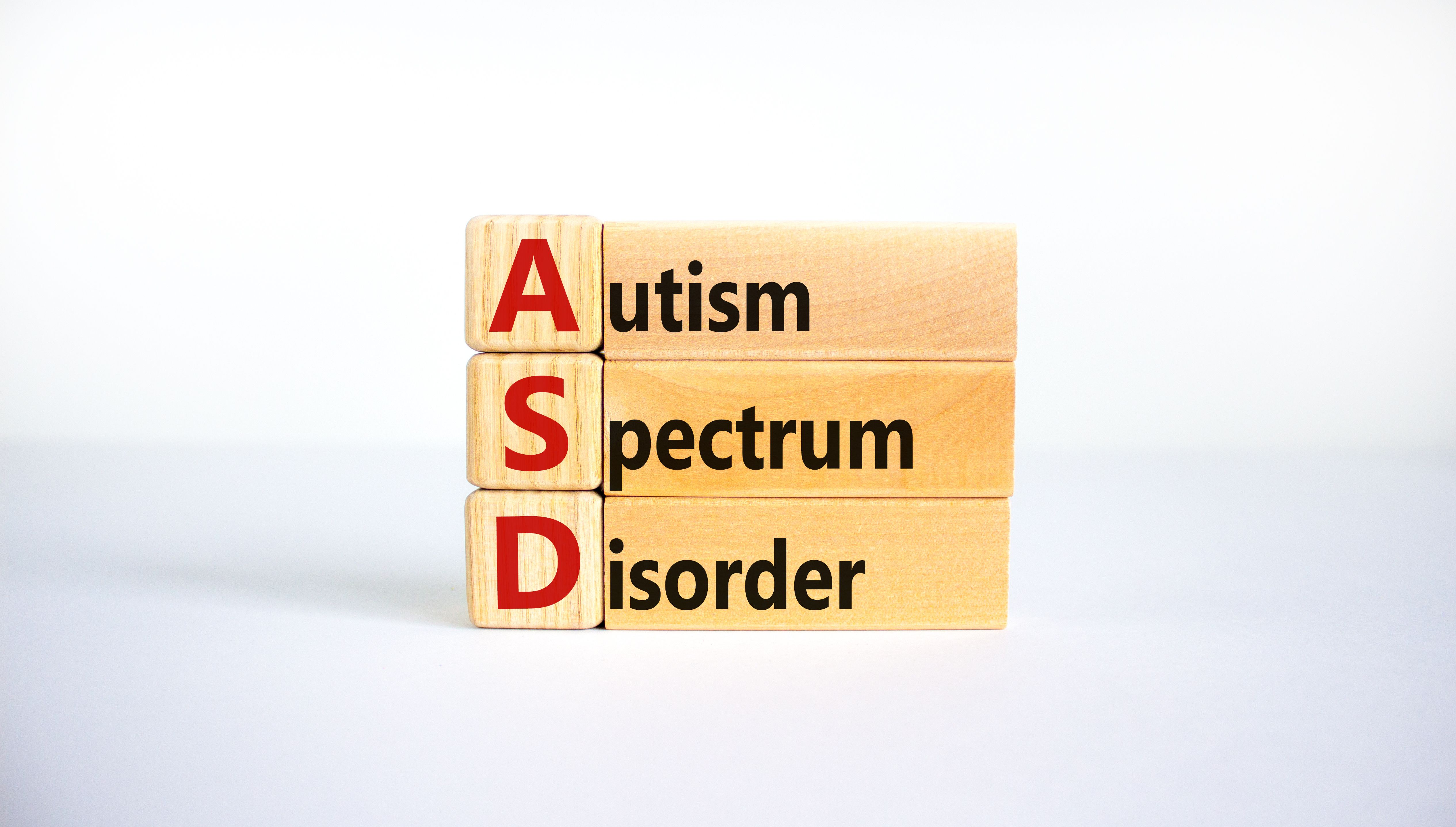Takeaways
- A phase 2 study evaluating L1-79 for autism spectrum disorder (ASD) core symptoms has enrolled its final patient, with topline data expected in August 2024.
- L1-79, a tyrosine hydroxylase inhibitor modulating catecholaminergic pathways, aims to improve core ASD symptoms.
- Fast Track Designation was granted by the FDA in May 2018 for L1-79, undergoing a phase 2, randomized, multi-center, 12-week dosing study.
- The study includes 58 participants aged 12 to 21, assessing L1-79 at 200 mg or 300 mg with a placebo-controlled crossover design.
- Yamo Pharmaceuticals has initiated a phase 3 readiness program for L1-79, anticipating insights into the catecholaminergic system's role in regulating social-communication function in autism.
A phase 2 study (NCT05067582) evaluating L1-79 (Yamo Pharmaceuticals) to treat the core symptoms of autism spectrum disorder (ASD) has enrolled its final patient with topline data expected in August 2024.
L1-79 is a tyrosine hydroxylase inhibitor that is designed to modulate the catecholaminergic pathways, which could be the cause of core symptoms of ASD, thereby improving the core ASD symptoms.
Granted Fast Track Designation by the FDA in May 2018, L1-79 is being evaluated in a phase 2, randomized, multi-center, chronic 12-week dosing study which employs a 2-period placebo-controlled crossover design.
The study includes a total of 58 participants aged 12 to 21 years who received either L1-79 200 mg or 300 mg, randomized 1:1.
On day 1 of period 1, patients in both dosing groups were further randomized to L1-79 or placebo BID for 12 weeks. After period 1, individuals undergo a 6-week washout period before entering period 2.
In this period, those that received placebo in period 1 will receive L1-79 and vice versa for an additional 12 weeks.
To be included in the study, individuals had to have been diagnosed with ASD with a score of 70 or greater on the Wechsler Abbreviated Scale of Intelligence (WASI-II) and a score of 4 or more on the Clinical Global Impression of Severity of Illness (CGI-S), weighted for socialization.
Evaluating the effect of L1-79 on the core deficits in social communication and interaction, other methods of social communication and interactions are key objectives of the study.
Yamo has initiated a phase 3 readiness program for L1-79.
“We are excited to share data from this study as it will provide further insights into the role of the catecholaminergic system in regulating social-communication function in autism,” said J. Thomas Megerian, MD, PhD, chief medical officer, Yamo.
In a May 2023 interview with Contemporary Pediatrics®, Megerian discussed the important role of early intervention for ASD. Click here to watch the full interview on ASD and early intervention.
It is estimated that 1 in 36 children in the United States have ASD, with boys being 3.8 times more susceptible than girls. Both genes and environment are suggested to play important roles in causing ASD, though causes are not known.
Reference:
Yamo Pharmaceuticals enrolls final patient in phase 2 study evaluating LP-79 to treat the core symptoms of autism spectrum disorder. Yamo Pharmaceuticals. Press release. November 20, 2023. Accessed November 29, 2023. https://www.globenewswire.com/news-release/2023/11/20/2783221/0/en/Yamo-Pharmaceuticals-Enrolls-Final-Patient-in-Phase-2-Study-Evaluating-L1-79-to-Treat-the-Core-Symptoms-of-Autism-Spectrum-Disorder.html
